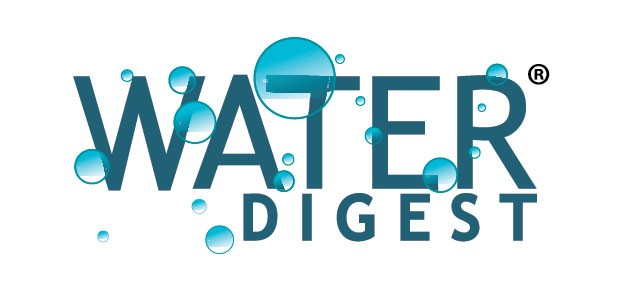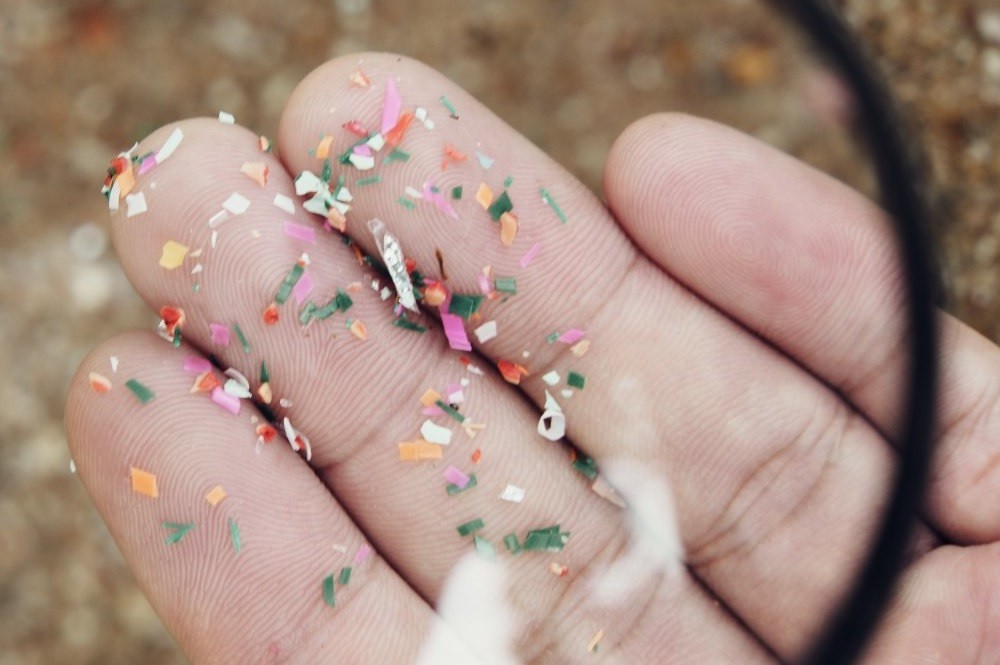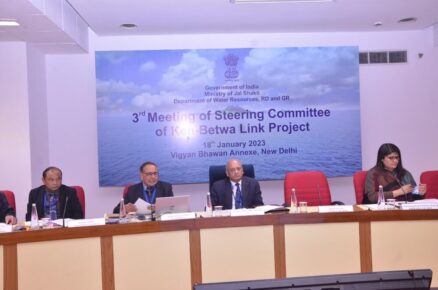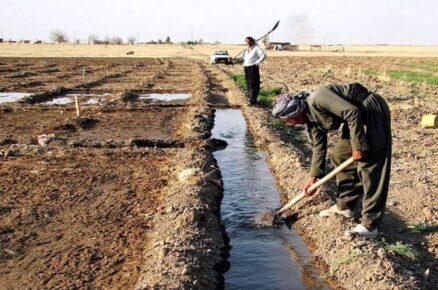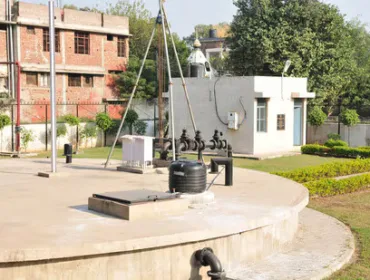With an estimated 2.3 million tonnes of plastic pollution thought to be floating in the world’s oceans, the findings could have global consequences.
WD News: A new research from the University of Stirling has found that dangerous bacteria are able to survive the journey from sewage treatment plants to beaches on microplastic pollution.
During their study, scientists from the University’s Faculty of Natural Sciences found drug-resistant bacteria colonising microplastics on Scottish beaches.
Lead researcher Rebecca Metcalf, supervised by Professor Richard Quilliam, conducted her research by subjecting microplastics colonised by bacteria in wastewater to different environments that they would likely pass through on their way to our beaches. She found that not only could the bacteria such a E. coli survive the entire journey, but that viable bacteria also survived for seven days on the sand.
Ms Metcalf, the lead researcher said, “Plastic is providing a substrate for transferring pathogens from wastewater, and through river water, estuary and seawater and finally up onto the beaches where they are much more likely to come into contact with humans. Other surfaces where bacteria colonise, such as seaweed, wouldn’t necessarily go through that transfer route. We hope that our research will add to the growing overarching evidence and support for increasing public awareness and ultimately pushes towards legislative changes for plastic discharge to the environment.”
Source & image courtesy: University of Stirling
